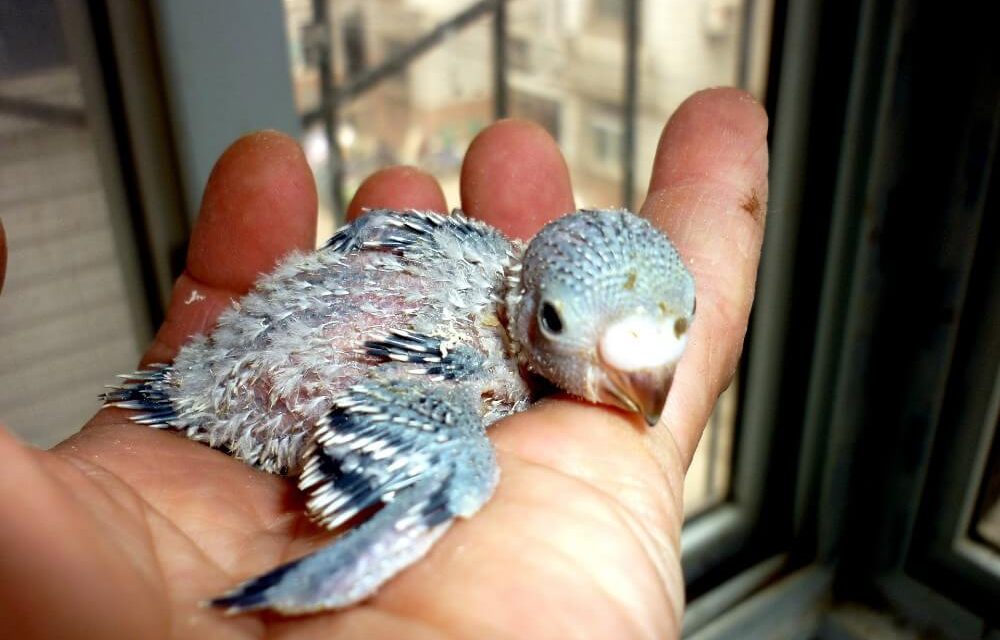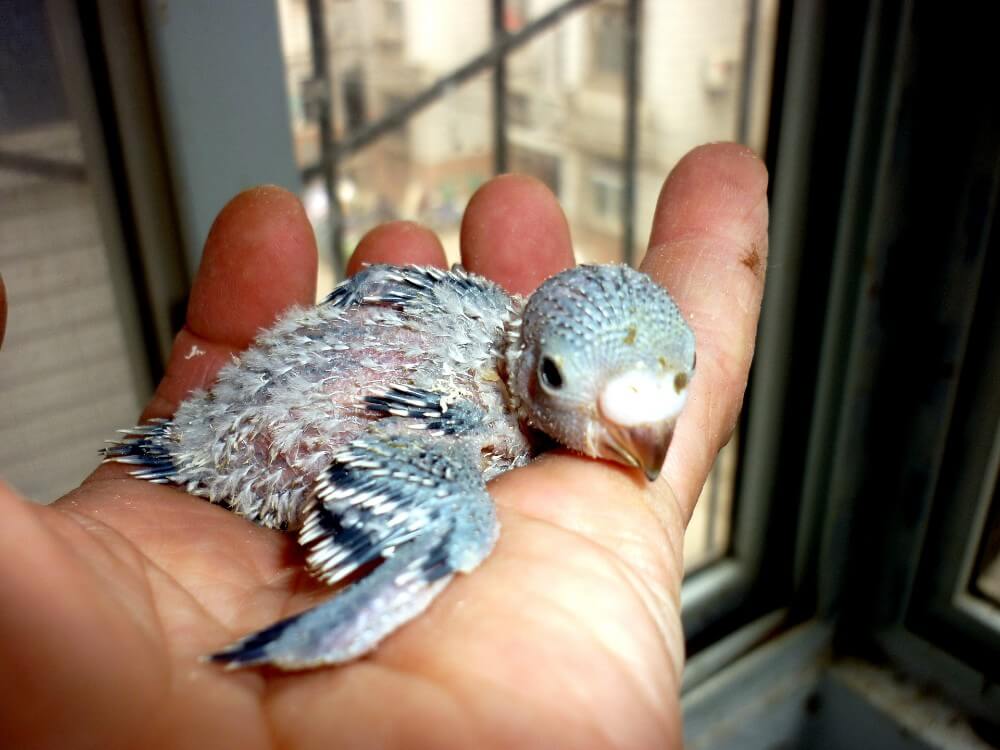If you’ve ever gone to a pet store and seen finches, parakeets, conures, tarantulas, hermit crabs, ball pythons, bearded dragons, geckos, or green tree frogs — you may need to read through the newest resource released by nonprofit World Animal Protection.
WAP’s new toolkit, “Banning Retail Sale of Wild Animals: A Toolkit for Animal Advocates,” aims to empower activists to push for local laws that will end cruel pet store sales of wild animals. The toolkit includes tips for connecting with legislators, a guide to grassroots lobbying, and helpful fact sheets speaking to key issues — including what welfare conditions typically exist at animal mills and how the abandonment of wild “pets” can burden shelters or damage local ecosystems.
WAP notes in the toolkit that millions of wild animals — including turtles, lizards, snakes, monkeys, birds, and otters — are removed from their natural habitats or are intensively bred in captivity in horrific conditions in order to be sold as “pets” each year.
Animals illegally captured from the wild often sustain injuries and the trauma of being separated from their family groups, while captive-bred animals often are raised in unsanitary and otherwise inadequate conditions, WAP said.
Animals shipped long distances in small containers typically suffer greatly. Many animals also suffocate, starve, or are crushed to death in transit, with dead animals “just seen as the cost of doing business,” WAP said in the toolkit.
Wild animals who survive the journey often end up in homes that can’t care for their complex needs, as the pet industry reportedly markets wild animals like parakeets or reptiles as “beginner” pets for small children.
“Reptiles, amphibians, and birds also have complex inner lives even if their facial expressions or vocalizations are not as easily understood by humans,” WAP said in the toolkit. “It’s not possible to create the freedom and space that these animals experience in the wild.”
Birds, reptiles, and amphibians don’t have protections under the federal Animal Welfare Act, so local ordinances can truly make a difference, WAP added.
“Changing the law is one of the most powerful ways you can protect animals, and it starts with animal advocates like you fighting to make your communities a kinder place,” WAP wrote. “At the city and county level, your voice is more likely to be heard, and you can make a meaningful difference.”
A new report from Faunalytics also speaks to the importance of local action, finding that states often are more receptive to issuing state-wide changes if multiple cities or counties have similar laws in place.
This change is entirely possible!
Nearly 400 cities and counties, along with five states, have some kind of retail pet sales ban enacted — mainly regarding dogs, cats, and rabbits. Two governing bodies — the District of Columbia and Cambridge, Massachusetts — have comprehensive pet sales bans in place, also covering birds, reptiles, amphibians, and arachnids.
Check it out by downloading your FREE toolkit here!









